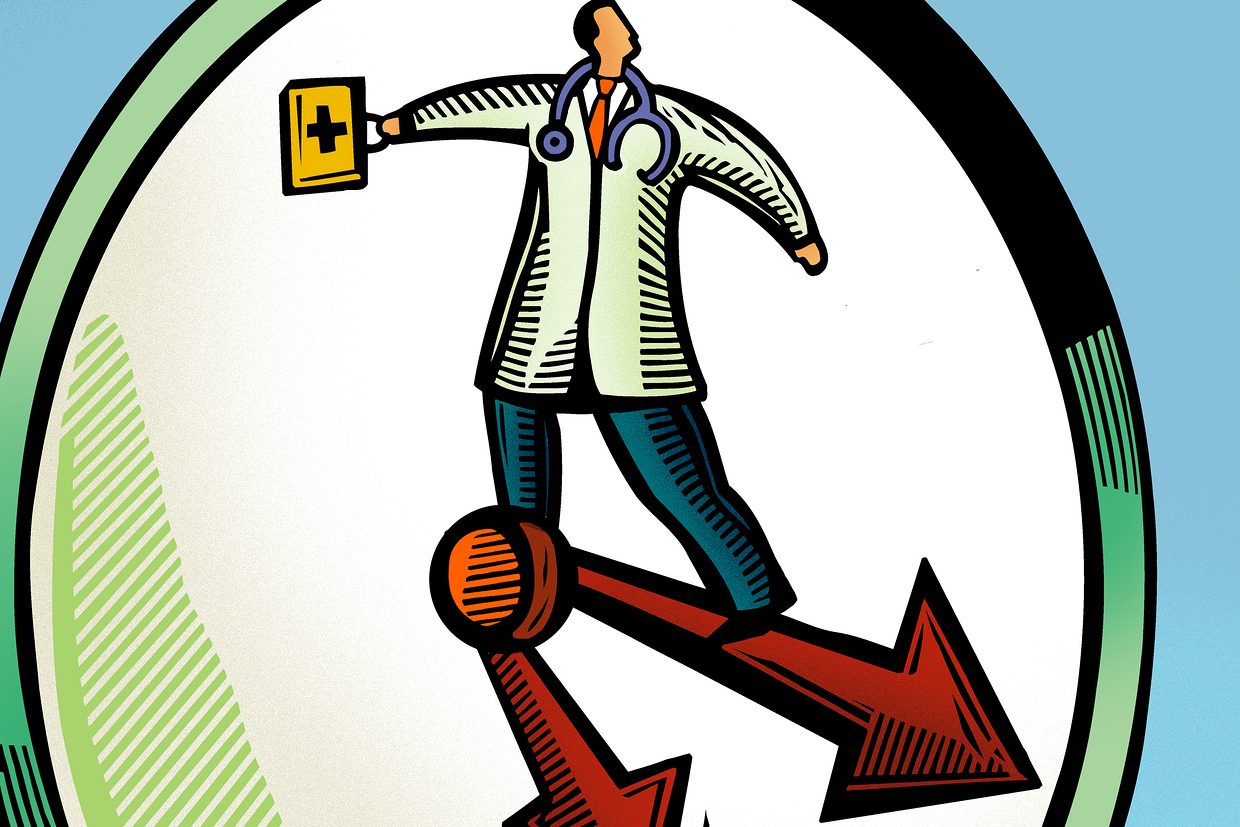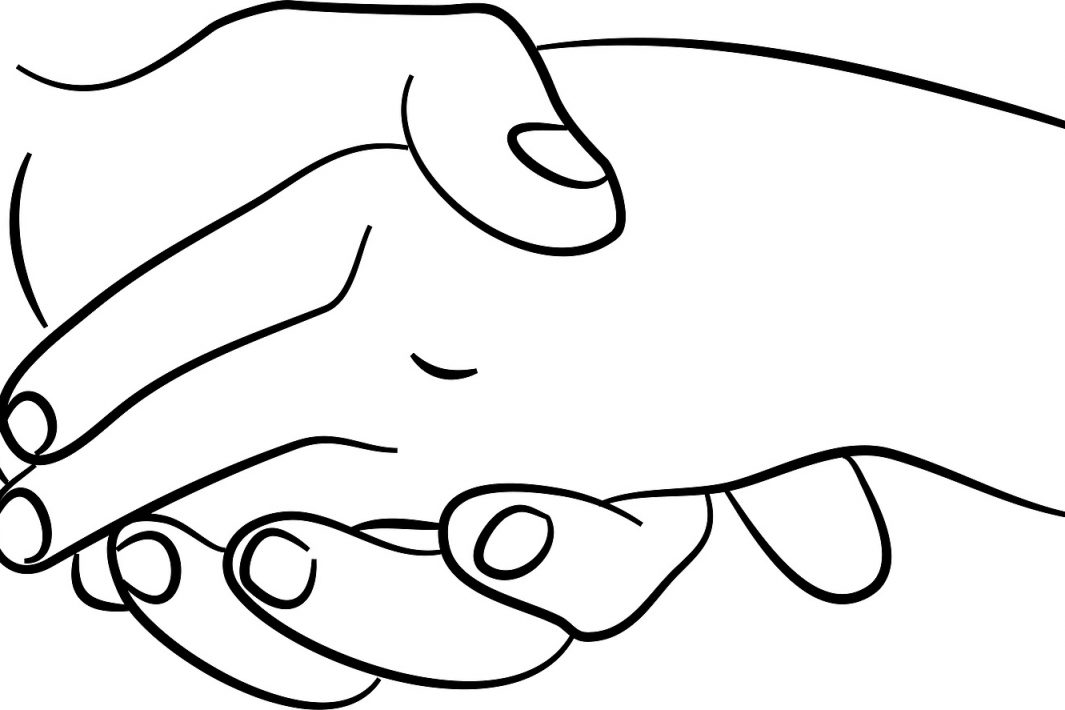For 25 years, I have taught medical students how to give bad news. Step one; be prepared. Step two; find a safe, personal, quiet environment. Step three, and this is most important; before you speak, ask. What do the patient and family understand? Fail to follow this vital rule and reap the whirlwind. So, therefore, you might ask, if I have such wisdom and experience in this critical area of communication, how did I screw up so badly?
It seemed simple. I was making hospital rounds, seeing my own patients and covering for my partners. My sign-out instructions said the husband of a patient who had been in the hospital for two weeks, wished to be called with the results of his wife’s biopsy. Clear enough. Therefore, when I saw the report, I picked up the phone.
Unfortunately, before I could consider my action further, he answered. It would have saved a lot of angst, had he been in the shower. Instead, after briefly introducing myself, I simply said, without a pause, without further reflection, “I am sorry, the news is not good. The biopsy came back and it shows lung cancer which has spread to the liver.”
Now, of course, I expected him to be upset. It was terrible news. What I did not plan for, nor expect, was that he would become completely hysterical, loosing the ability to speak in a rational manner, sobbing, screaming and eventually slamming down the phone.
I was shocked. What had I done wrong? Why was he unhinged? Perplexed, I took a deep breath and started to do my job the proper way.
I carefully reviewed the chart and spoke to the patient’s nurse. I learned that while the disease was advanced, the biopsy was in fact the first time that the cancer diagnosis had been proven. In other words, for the husband my call was the first and final confirmation of his worst fears.
The second thing I learned, to my astonishment, was that while the patient had been in the hospital for a long time, no one had actually told the patient or the husband that she probably had cancer or that if she did it would likely be fatal. Rather the admission had focused on pneumonia and they believed the biopsy was to investigate a “small spot” in the liver.
Thus, I had violated all of my rules. I was not fully prepared. I had told awful life changing news over the phone. Moreover, I did not start with the simple question, “what have they told you?” I really screwed up and made a very hard moment much harder.
Now, I can argue, that after all those days in the hospital, all those treatments, preparing for and performing a biopsy, and finally waiting for the result, that the husband and patient should have been better prepared by the medical staff. Alternatively, I can justify my stupidity by noting I was just following sign-out instructions. Nevertheless, it is my responsibility, therefore my error.
I met with the husband, and then the two of them, later in the day. We started from the beginning. I explained, piece by piece, everything that was happening. This time we sat quietly together in her room and I first listened to their understanding of what was happening. Step-by-step with time for thought, tears and silence.
Of course, I apologized. It helped, some, but I feel guilty and sad I put him through such a horrid and unprepared shock. Not fair. Not compassionate.
I will start again. I will have similar conversations. I will teach students and add this story to my list of important experiences. Just maybe, I will get the practice of medicine closer to right.







12 Comments